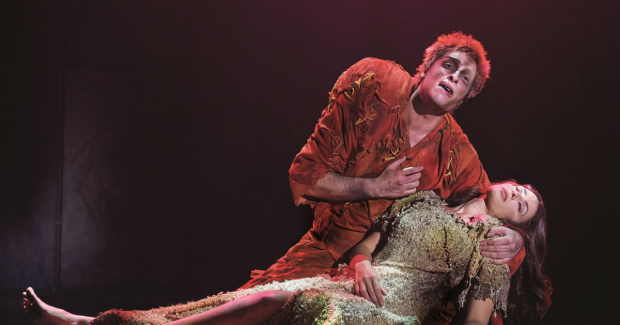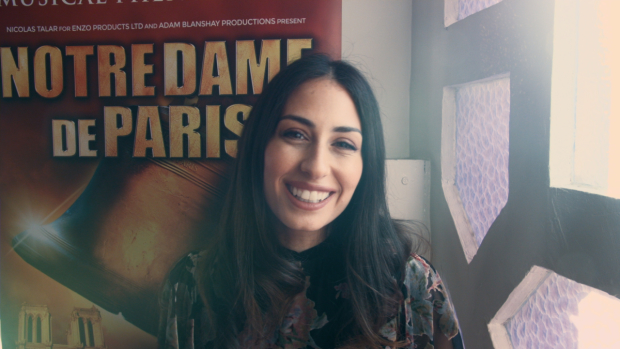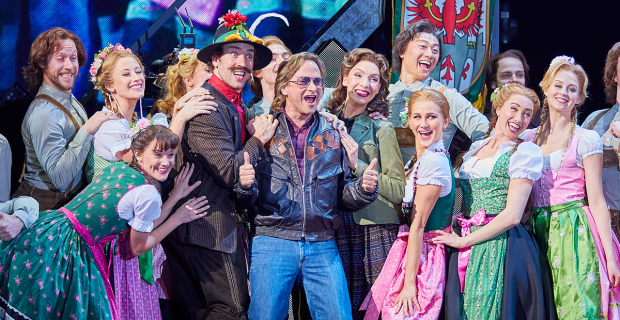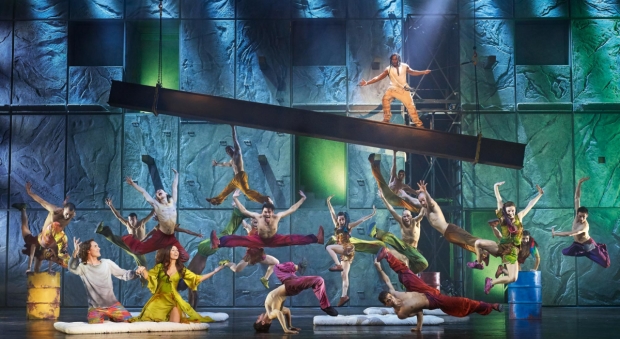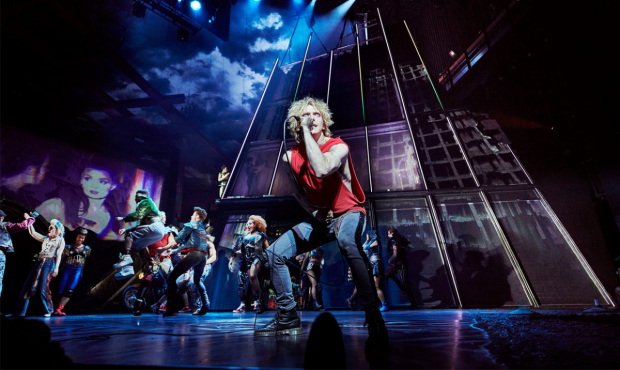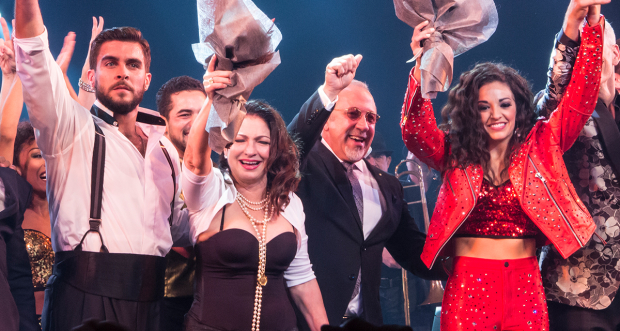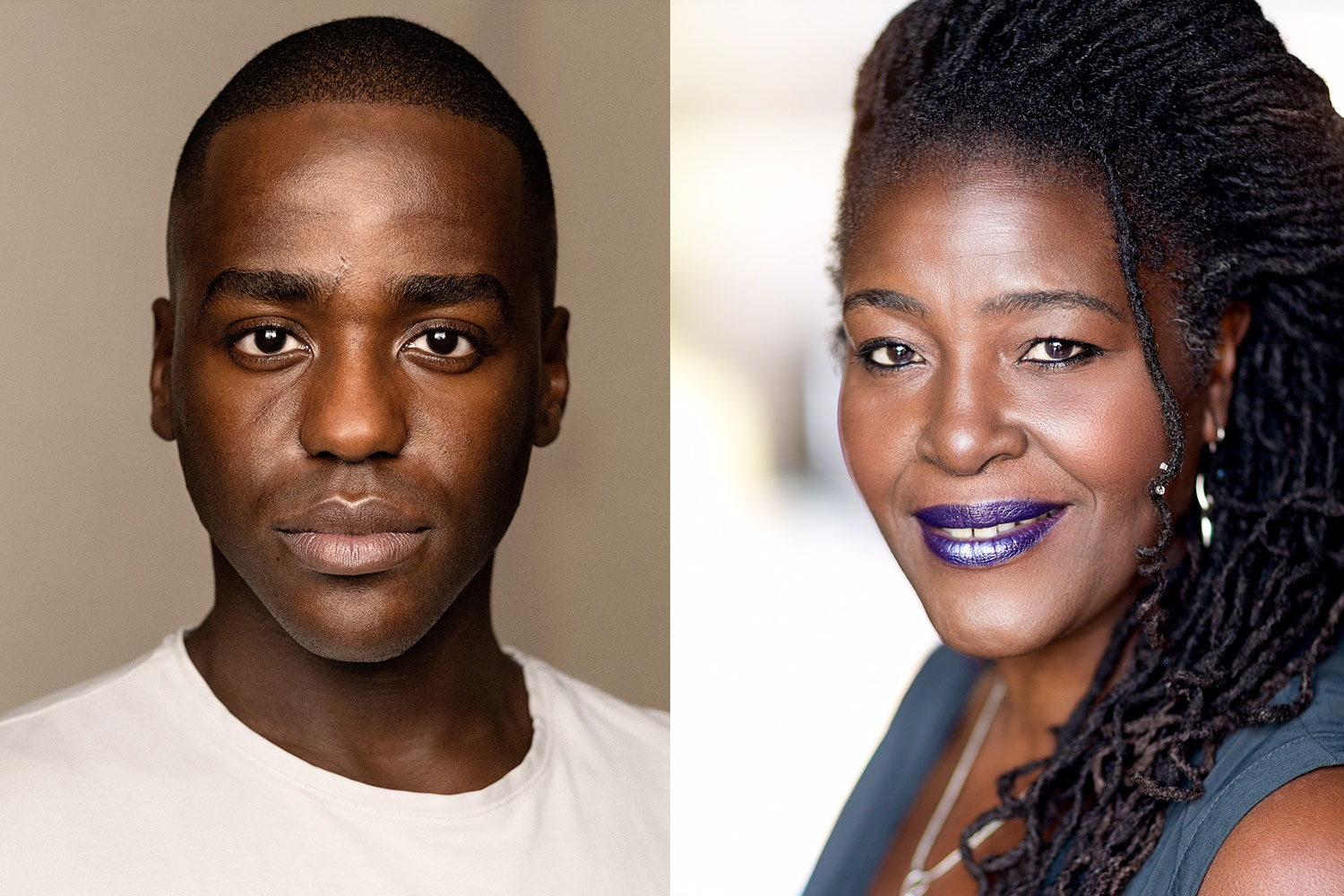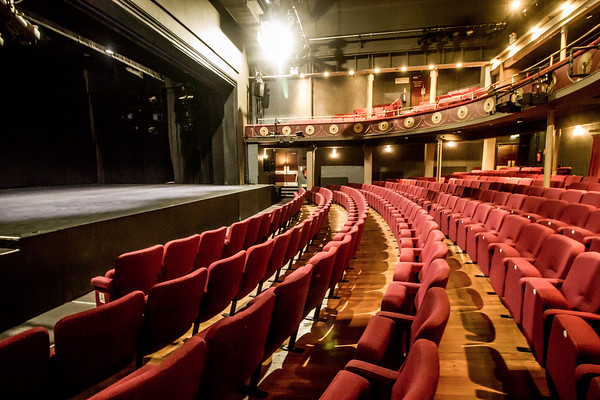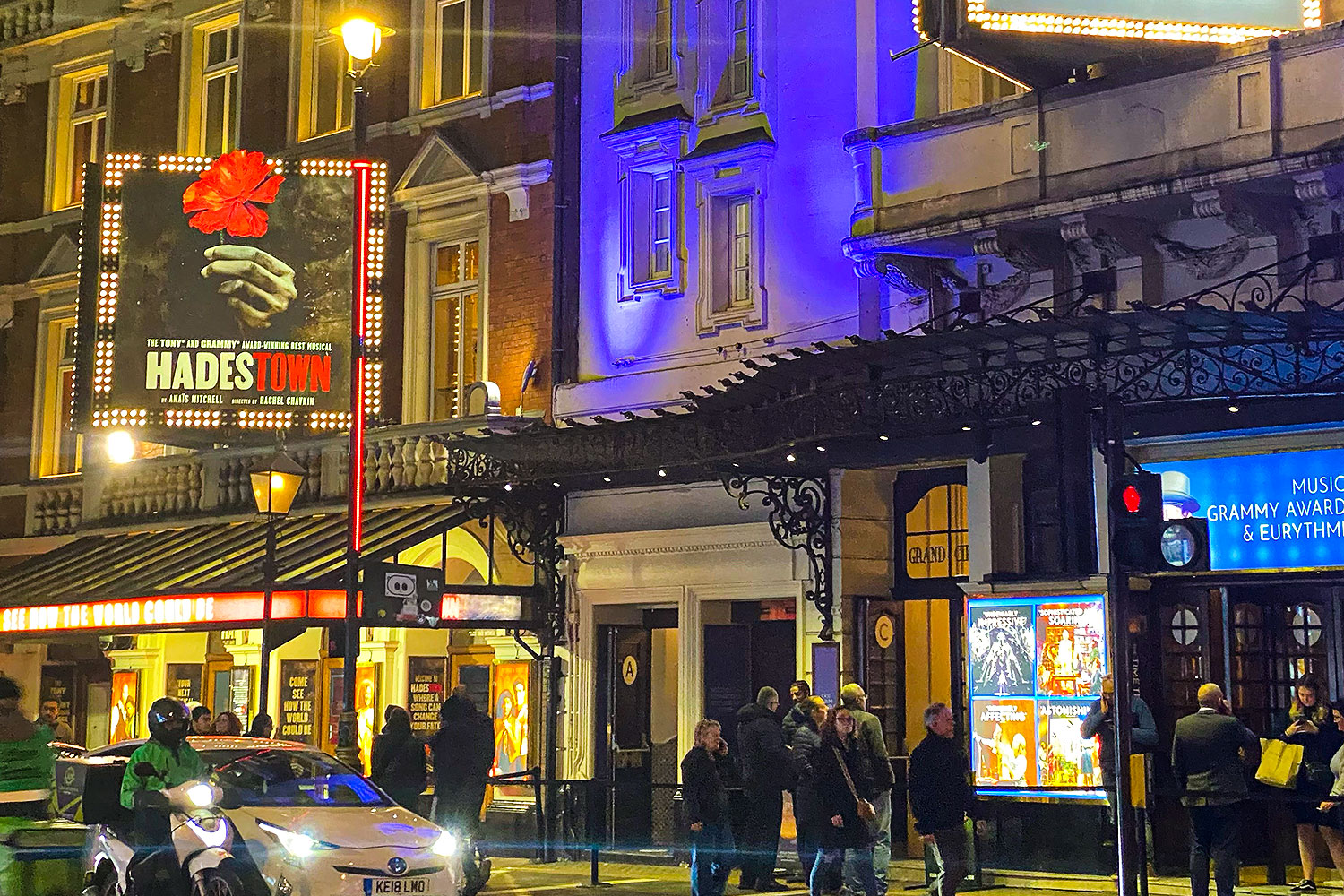Review: Notre Dame de Paris (London Coliseum)
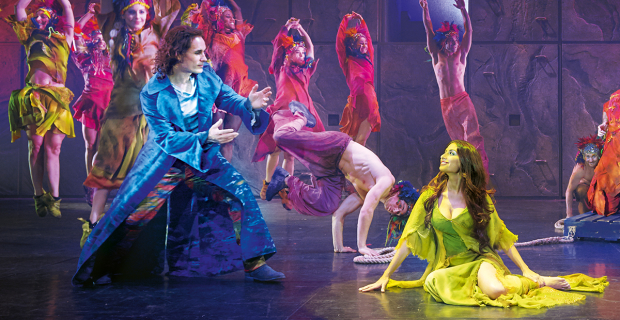
© Alessandro Dobici
Small confession to make – I've loved the score to Notre Dame de Paris for a long time. Canadian singer Garou's cover versions of the hit numbers "Dieu Que Le Monde Est Injuste" and "Belle" are soaring, haunting tracks. And as a major francophile it's exciting to see the production return to the West End, following its unceremonious panning when it appeared at the Dominion in 2000, featuring a slightly stodgy English translation.
This time around the piece is sung-through in French (with added surtitles), retelling Victor Hugo's tragic story of the denizens of the Notre Dame Cathedral in the late 15th century. Lovers of a certain Disney adaptation will know the basic plotline, though Luc Plamondon and Richard Cocciante's musical is much more faithful to the darkness of Hugo's original novel (no comedy gargoyles on offer here). Most of the show follows an assortment of men – Frollo the archdeacon, Phoebus the guard, Gringoire the poet and Quasimodo the bellringer – as they lust after the gypsy Esmeralda. At the same time, Esmeralda and her fellow kin are searching for asylum, but find the gates of Paris constantly shut.
The French consider Notre Dame de Paris to be pretty iconic, helped largely by the fact that composer Cocciante crams in swooping anthem after swooping anthem in a show clocking in at two and a half hours. For their part, the cast members acquit themselves perfectly. Hiba Tawaji's Esmeralda is worlds away from the Disney counterpart, coming into her own as she prays alone to the Virgin Mary. Angelo Del Vecchio is a tortured, haunted Quasimodo while Daniel Lavoie, a veteran Notre Dame performer, effortlessly dishes out his numbers like clockwork. The cast is supplemented by Martino Müller's choreography, with acrobatics rivalling Cirque Du Soleil over at the Royal Albert Hall.
It's not hard to see why the book just didn't work in English when so many of Plamondon's lyrics rely on double entendres. Desirée, when sang, can mean both torn and desired, fatalité can mean both casualty and destiny. Even the words Notre Dame are allusions to both the church and the woman being coveted. Subtleties like that just don't work as easily when translated but in their natural form the craftsmanship shines.
The production, which hasn't changed all that much since it first opened, feels like a mix between Bat Out of Hell, Les Mis and a late-90s Eurovision Song Contest. The striking primary colours of Christian Rätz's design have the ability to make for a visual feast – particularly during the rousing early number "La Cour des Miracles", when a giant iron girder descends from above. But too often the cavernous Coliseum space feels empty, with the cast helped only by a solitary moving column.
Maybe something got lost some way across the Channel but the main problem lies in the fact that Plamondon's story just feels loose, with little dramatic tension. The climactic tragedy of the show happens unceremoniously, with characters dimly lit by Alain Lortie's lighting (which for the vast majority of the production is top notch). This is a musical about the destructiveness of desire, masculine desire, against the backdrop of Paris in the throes of the Reformation, splitting itself in two while turning away refugees and immigrants for being degenerates. Given its clear contemporary relevance, the fact the show struggles to shine is something of a disappointment.



